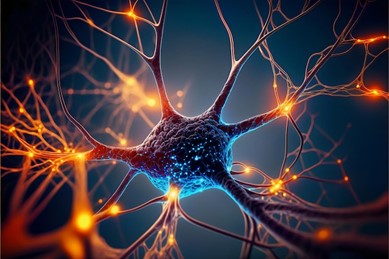Whether you’re on a keto diet or not, proteins are essential to maintain metabolic functions and the growth of your body’s tissues and organs. However, overeating proteins will lead to gluconeogenesis, a process which metabolizes unused or excess proteins into glucose. This can prevent you from reaching or maintaining ketosis.
Your optimum protein requirements will depend on your macro distribution, and most importantly your activity level as it’s during and after exercises that your body will metabolize the most protein. As a rule of thumb, you must get most of your calories from fats and limit your protein and carbs. But you can adjust your standard macros distribution to obtain an optimum protein intake for your activity level.
For low activity level with moderate exercises, proteins can account for 25% of your daily caloric intake. If you work out 1 or 2 times a week, try maintaining 25% protein intake daily, with a little extra on workout days. However, consuming too many proteins can damage your kidneys if not adapted to your personal requirements. It’s better to consult your physician or dietitian to find out your optimum protein intake.
Read the full article of Go-keto to find 4 tips to make sure you maintain ketosis while avoiding excess proteins and discover much more. Go-keto is an online boutique which offers a variety of keto friendly foods and supplements that shall accompany you throughout our keto program.




